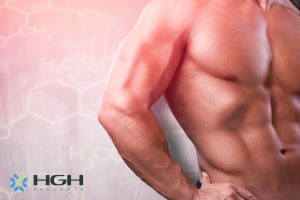Benefits HGH in Athletes: Harnessing the Power of HGH
Human Growth Hormone (HGH) has emerged as a topic of significant interest in the athletic community. Known for its essential role in growth and development, HGH is a naturally occurring peptide hormone secreted by the pituitary gland. Its primary function is to regulate growth hormones, facilitate lean body mass development, and support cellular repair. For athletes, the benefits of HGH can range from increased strength to improved recovery times, making it a valuable tool when used responsibly and under medical guidance.
Studies have demonstrated that HGH significantly reduces fat mass while promoting muscle growth. Stimulating protein synthesis and improving resistance to fatigue helps athletes achieve peak performance. While HGH is a prohibited substance in competitive sports, its role in therapeutic and non-competitive contexts has gained attention for its potential to transform athletic capabilities.
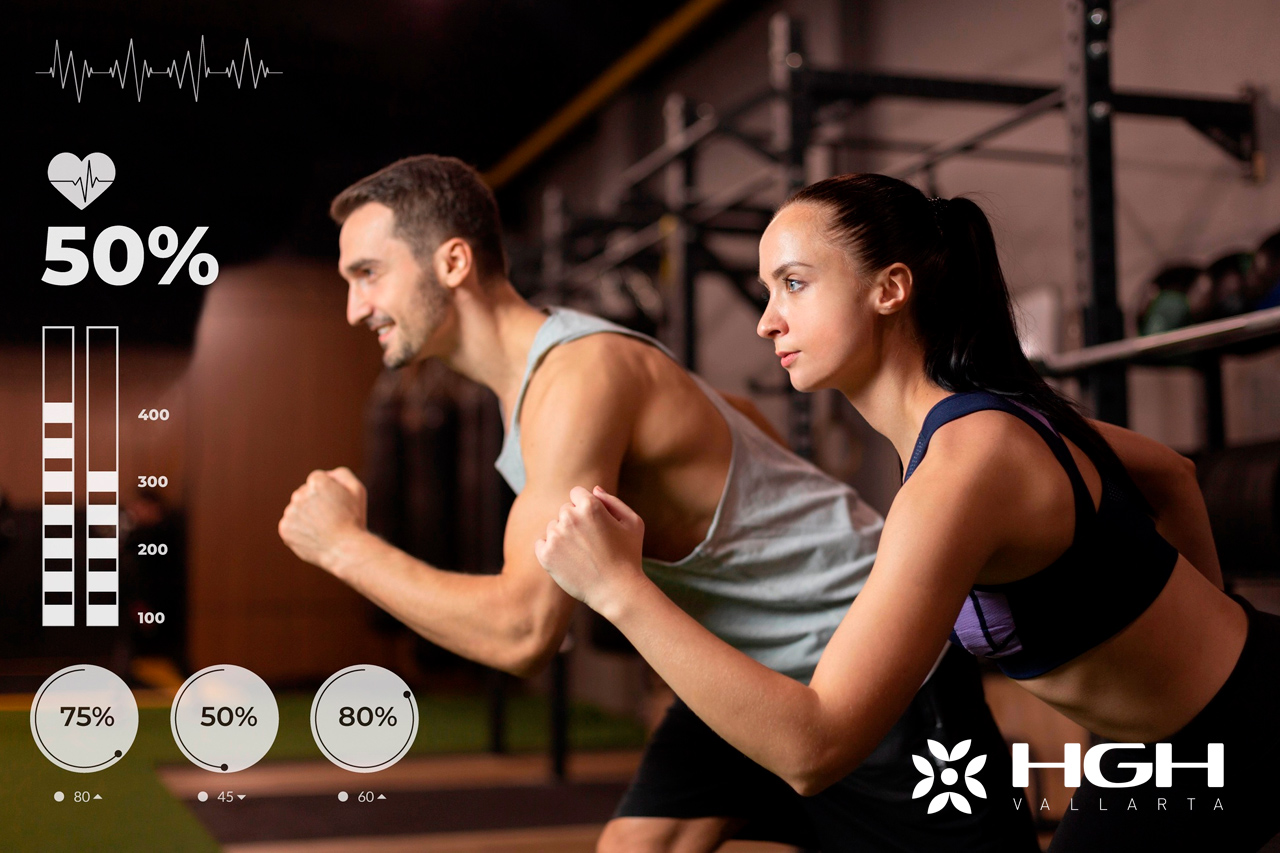
Unlock Your Athletic Potential with HGH Therapy
For adults engaged in rigorous physical activities, the body’s natural production of growth hormones often declines with age or excessive strain. Supplementing with HGH under professional supervision can help reverse these declines. Athletes have noted the following key benefits:
- Enhanced Muscle Recovery: After intense training, the body requires rapid repair to avoid long-term damage. HGH facilitates tissue regeneration, ensuring faster recovery.
- Fat Mass Reduction: HGH significantly reduces fat mass by boosting metabolism, particularly around the abdominal area.
- Increased Lean Body Mass: One of the most cited benefits of HGH in athletes is its ability to increase lean body mass, which is crucial for strength and endurance.
- Improved Cardiac Function: Healthy levels of HGH contribute to enhanced cardiovascular health, promoting endurance and resilience.
Medical research underscores the importance of understanding both the benefits and potential risks associated with HGH use. Athletes considering this therapy should prioritize safety and adhere to regulations outlined by their respective sports organizations.
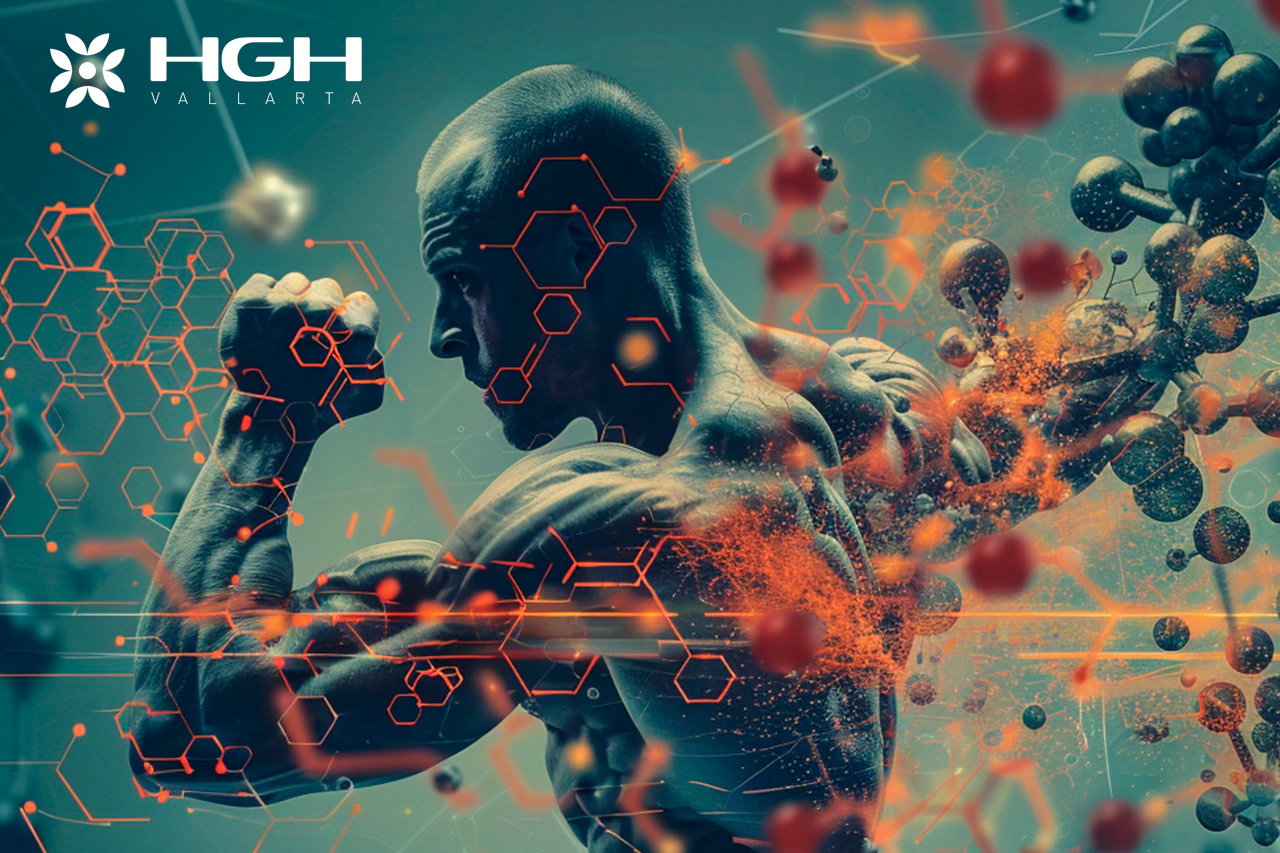
The Science Behind HGH and Athletic Performance
The effects of HGH on athletic performance continue to be studied extensively. Its impact on cellular processes includes:
- Protein Synthesis: HGH promotes muscle growth by stimulating protein synthesis, essential for repairing damaged tissues after physical activity.
- Fat Metabolism: It enhances lipolysis, which breaks down fat into usable energy, helping athletes maintain an ideal body composition.
- Bone Density: Strong bones are vital for performance and injury prevention. HGH therapy improves bone density, reducing the likelihood of fractures.
While HGH shows promise, users must carefully manage its application. Clinical trials published in source journals like PubMed highlight its potential when used under medical supervision. However, it remains prohibited in competitive sports, with strict testing protocols enforced to ensure fairness.
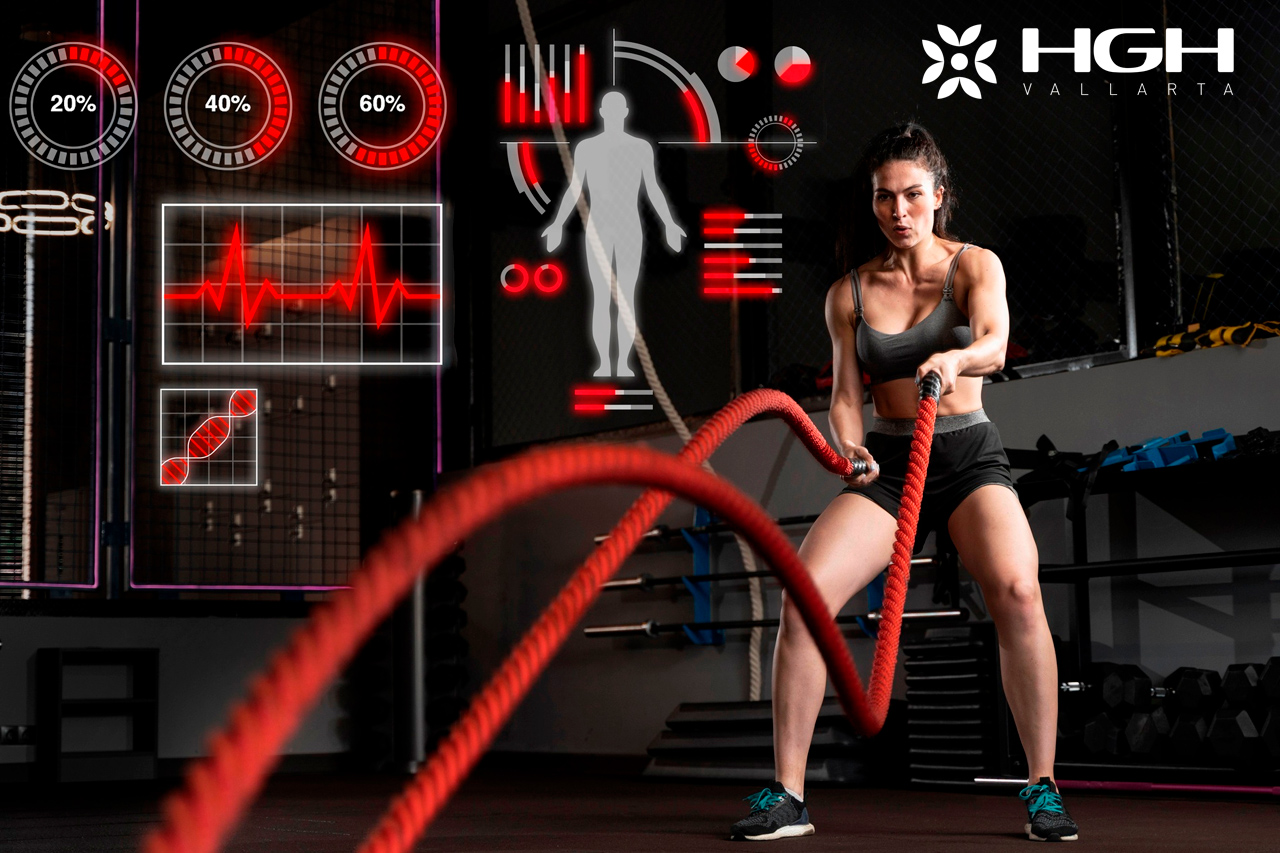
What Does HGH Do For Athletes?
Benefits of HGH in Athletes and Their Health
The following are key areas where HGH therapy impacts athletic performance:
- Strength and Power: Athletes often turn to HGH to enhance muscle strength and improve resistance to physical strain. Over weeks of consistent use, HGH therapy has shown measurable physical endurance and performance improvements.
- Faster Recovery: Injuries and overtraining can sideline even the best athletes. HGH therapy promotes faster tissue repair, reducing downtime and allowing athletes to return to practice routines more quickly.
- Cardiovascular Benefits: Healthy cardiac function is critical for sustained performance. HGH improves cardiac output, ensuring the body’s endurance under demanding conditions.
- Enhanced Metabolism: HGH ensures athletes maintain a lean and efficient physique by improving glucose uptake and reducing visceral fat.
While appealing, athletes should always weigh these benefits against potential risks, including hormone imbalances or unintended side effects. Consulting with a healthcare professional is imperative to mitigate these concerns.
What Does HGH Do For Athletes? The Science of HGH and Muscle Growth
The connection between HGH and muscle growth lies in its ability to stimulate IGF-1 (insulin-like growth factor-1) production. IGF-1 promotes cell growth and division, directly influencing muscle hypertrophy. A clinical study published on PubMed confirmed that GH stimulates protein synthesis at a cellular level, leading to increased muscle volume over time.
In resistance training, HGH therapy enhances the benefits of exercise by improving recovery and reducing muscle soreness. Athletes report noticeable improvements in strength within weeks of starting treatment, allowing them to push harder during training sessions.

Revitalize Your Athletic Career with Human Growth Hormone
For athletes facing setbacks like injuries or age-related declines, HGH therapy offers a second chance to excel. Addressing deficits in growth hormone production revitalizes physical performance and boosts confidence. Several case studies have shown that athletes who incorporate HGH therapy under medical supervision achieve significant improvements in their health and performance.
Financial Accessibility
The financial burden of recovery and prolonged inactivity can be daunting for athletes. Investing in HGH therapy can reduce long-term medical costs by minimizing injuries and optimizing performance. Clinics in countries like Mexico offer affordable and professional solutions, making this therapy accessible to a broader audience.
Professional Monitoring
Working closely with a healthcare team ensures that patients receive personalized care. Regular assessments of HGH effects and hormone levels prevent complications and enhance outcomes.

Transform Your Physique with HGH Mexico
Mexico has emerged as a leading destination for affordable and safe HGH therapy, particularly for athletes. Clinics in cities like Puerto Vallarta provide state-of-the-art facilities with experienced practitioners dedicated to helping patients achieve their goals.
Why Choose HGH Therapy in Mexico?
- Cost-Effective Solutions: The financial savings in Mexico are significant, with treatments costing up to 60% less than in the United States or Europe.
- Expert Care: Mexican clinics adhere to global medical standards, ensuring high-quality care and patient safety.
- Comprehensive Treatment Plans: Patients receive end-to-end care tailored to their unique needs, from diagnostic evaluations to post-therapy monitoring.
- Serene Recovery: Many clinics offer recovery options in tranquil settings, combining effective treatment with relaxation.
Athletes looking to improve their performance and maintain a healthy balance find Mexico’s practical and compelling offerings.
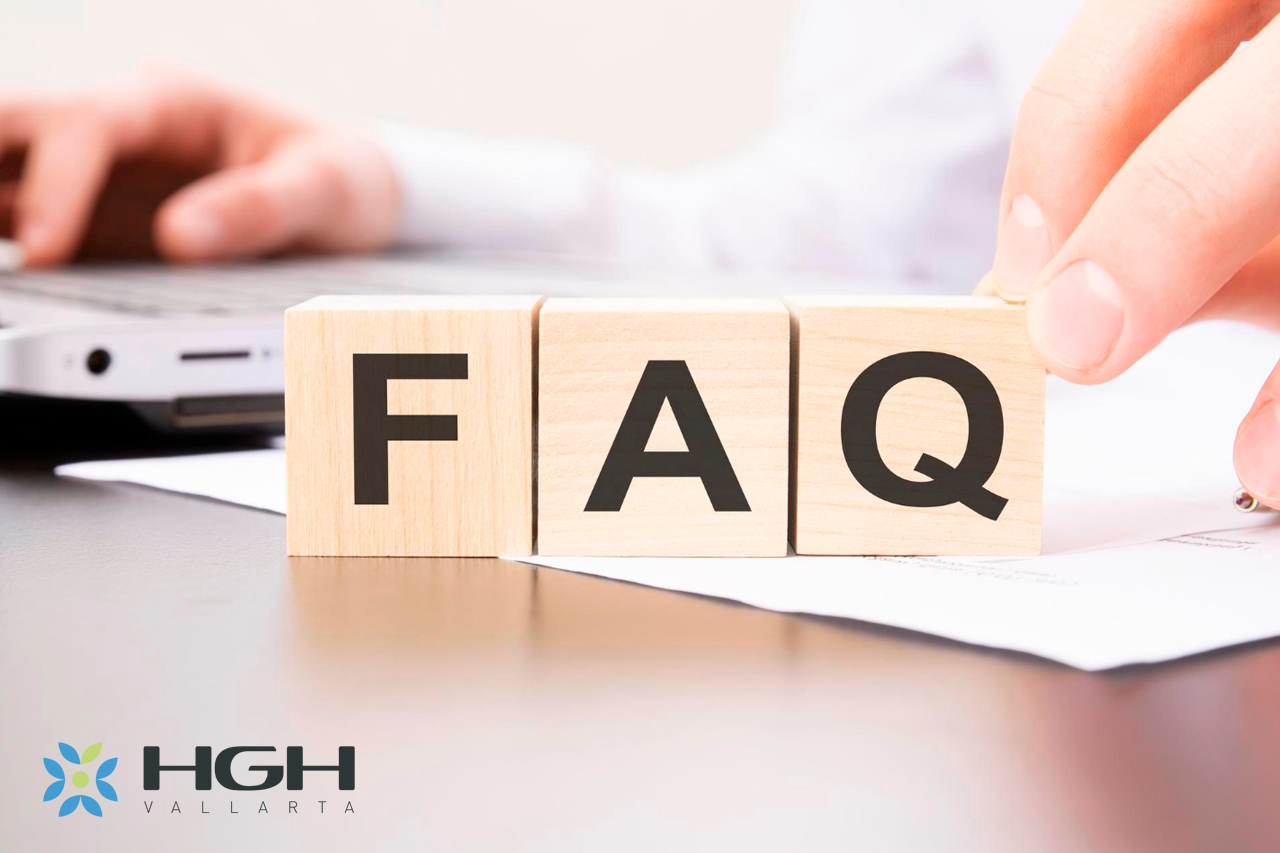
FAQs About HGH for Athletes
- Is HGH therapy safe for athletes?
Yes, when administered under medical supervision, HGH therapy is safe. However, athletes must ensure they adhere to anti-doping regulations if competing professionally.
- How long does it take to see results?
Most patients notice improvements in lean body mass and recovery within 4 to 8 weeks of consistent use.
- Is HGH prohibited in professional sports?
Yes, organizations like WADA (World Anti-Doping Agency) classify HGH as a prohibited substance. Athletes should consider this before pursuing therapy.
- Can HGH therapy reduce fat mass?
Absolutely. Studies show that HGH significantly reduces fat mass, particularly visceral fat while enhancing muscle growth.
- How do I find a reliable clinic?
Search for licensed facilities with positive patient reviews. Verify their credentials and look for sources on platforms like Google and PubMed to ensure credibility.
Conclusion
The benefits of HGH on athletes are undeniable, from enhanced muscle recovery to improved lean body mass. While HGH therapy remains prohibited in competitive sports, its potential for revitalizing performance in non-competitive contexts is immense. Athletes can unlock new endurance and physical resilience levels by addressing growth hormone deficiencies.
Clinics in Mexico provide a unique combination of affordability, expertise, and comprehensive care, making it an ideal destination for athletes seeking safe and effective HGH therapy. As you explore the possibilities, prioritize consultation with a qualified healthcare provider to ensure a personalized and successful experience.






